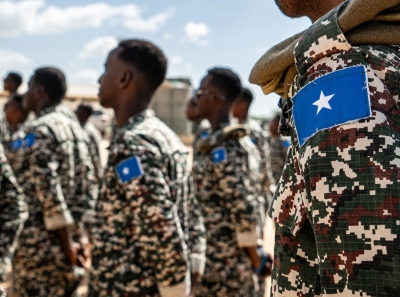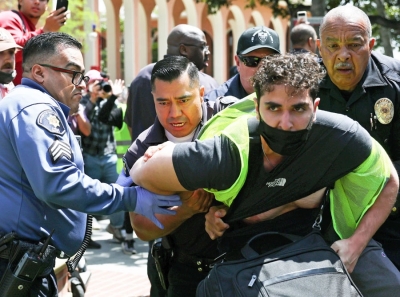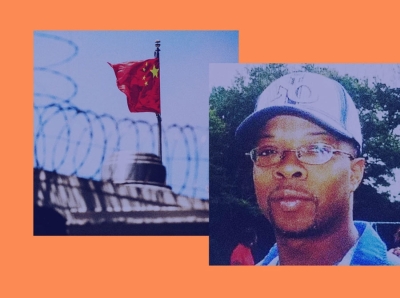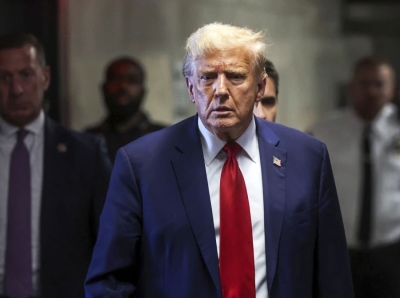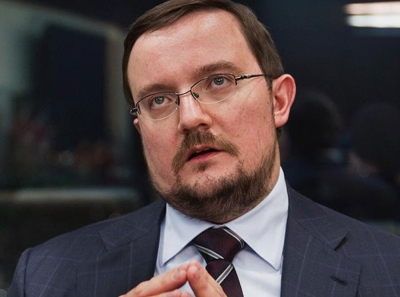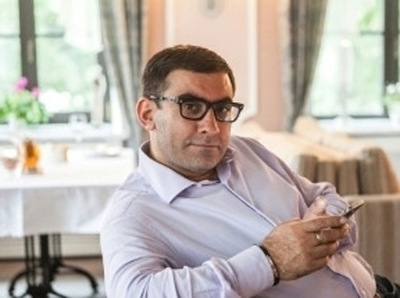Gaza and peace in the Middle East
Israel has encircled the northern part of the Gaza Strip and bombarded positions of the radical Islamic organisation Hamas. Hamas has retaliated by firing rockets at villages in Israel. Several UN organisations are calling for a ceasefire, and US Secretary of State Blinken has met with Mahmoud Abbas in Ramallah to discuss Gaza’s fate. Europe’s press is also looking to the future.
Mutual respect nigh on impossible
The conditions for peace are nothing but a distant dream right now, writes Visão:
“A realistic vision of peace will only become possible if Israelis and Palestinians can put decades of death, pain and rancour behind them and recognise that they need to show each other respect. Both Israelis and Palestinians are victims of their respective political leaders, who put their own interests above the safety of their people. It is up to the people to demand change. But to ask these people to show tolerance during a bloody war and at the peak of polarisation is like trying to stop the wind with your hands. ”
Events torpedo war plans
Military campaigns usually develop a dynamic of their own, Polityka warns:
“Most historical examples of how wars started convey an impression of randomness, of a situation in which ‘things just happen on their own’. Leaders give in to this and see no other option but to fight. ... Even when a war was planned, it was always meant to be a short, victorious campaign. But chance throws a spanner in the works of even the most passionate advocates of ‘short wars with a clear objective’. The Middle East is in such a situation now: nobody wants a war, all sides are stocking up on weapons, the world is looking on in disbelief and the terrorists are playing with the fuses of more bombs.”
Oil market is the Achilles’ heel
The state news agency Ria Novosti is not ruling out the possibility of the Arab League reacting with an energy embargo:
“Arab leaders will have to talk about how to get the US and the West to force Israel to stop. What can the Arabs do? Repeat their ultimatum of October 1973? Back then, during the Arab-Israeli Yom Kippur War, the Arab countries imposed an oil embargo on the US-led West. The war ended after a week and oil prices soared. ... The oil and gas market is already in a very difficult situation as a result of the sanctions against Russia.”
Israel must restore deterrence
The Daily Telegraph finds the calls for a ceasefire absurd:
“Not only would it give Hamas time to regroup its forces and prepare further missile attacks on Israelis, but many of those demanding that Israel lays down its arms are being dishonest. Is there any military response to Hamas’s atrocities that Israel’s critics would allow the country to take? Do they really believe that there is any chance of a political settlement between Israel and a group that wants to wipe the country from the face of the earth? ... [Israel] urgently needs to restore deterrence through a decisive demonstration of military strength and resolve. For the sake of both Israelis and Palestinians, Israel must be allowed to destroy Hamas.”
Choose the only right path
In the end peace is also in Israel’s interest, argues Naftemporiki:
“What does self-defence mean in practice? As is so often the case, there is a danger that a just principle, once it becomes absolute, will be the driving force behind never-ending violence. And that it will lead to the opposite of the original goal. Wars flare up on the thin line of legitimate defence and gradually transform it into an illegal attack. ... There are two paths. Either war, war, war. Or the attempt to move towards peace. And that is also in Israel’s interest.”
Exploit EU’s soft power
Europe has an important task, Corriere della Sera insists:
“If internal divisions and institutional regulations prevent direct intervention on the ground, the EU must at least act on its preferred terrain: persuasion, consensus-building, dialogue. ... In the absence of hard power (based on determination and deterrence, like that of the United States), the EU should exploit its soft power capital. ... Showing the world its model for peace, prosperity and justice is only the first step that a ‘normative’ power like the EU can take. The next is to identify and support those leaders and organisations that can change their countries’ illiberal regimes from within.”
Draft a plan and pressure both sides
Politiken doesn’t believe the conflict parties will be able to reach a peaceful solution on their own:
“How and when the war will end is not clear, but already there is an urgent need to develop an international plan for Gaza’s future. ... A long-term solution must be found that both ensures Israel’s security and offers hope and quality of life in Gaza. Ideally through a Palestinian state, which should have become a reality long ago. For an agreement to be reached between Israelis and Palestinians, massive pressure is needed from both the West and the Arab world.”
Send in a peacekeeping force now
Decisive military intervention is needed, says the Times of Malta:
“The United Nations Security Council should order an immediate ceasefire, place a peacekeeping force between the Israeli army and the Palestinians along the borders defined in Resolution 242 and, in exchange for all the hostages and the complete cessation of bombing and raids, declare the State of Palestine. The 75-year-old political conflict cannot be resolved by negotiations between Israel and Palestine. The solution has to be imposed upon Israel and the Palestinians from the outside. And it has to be imposed now.”

